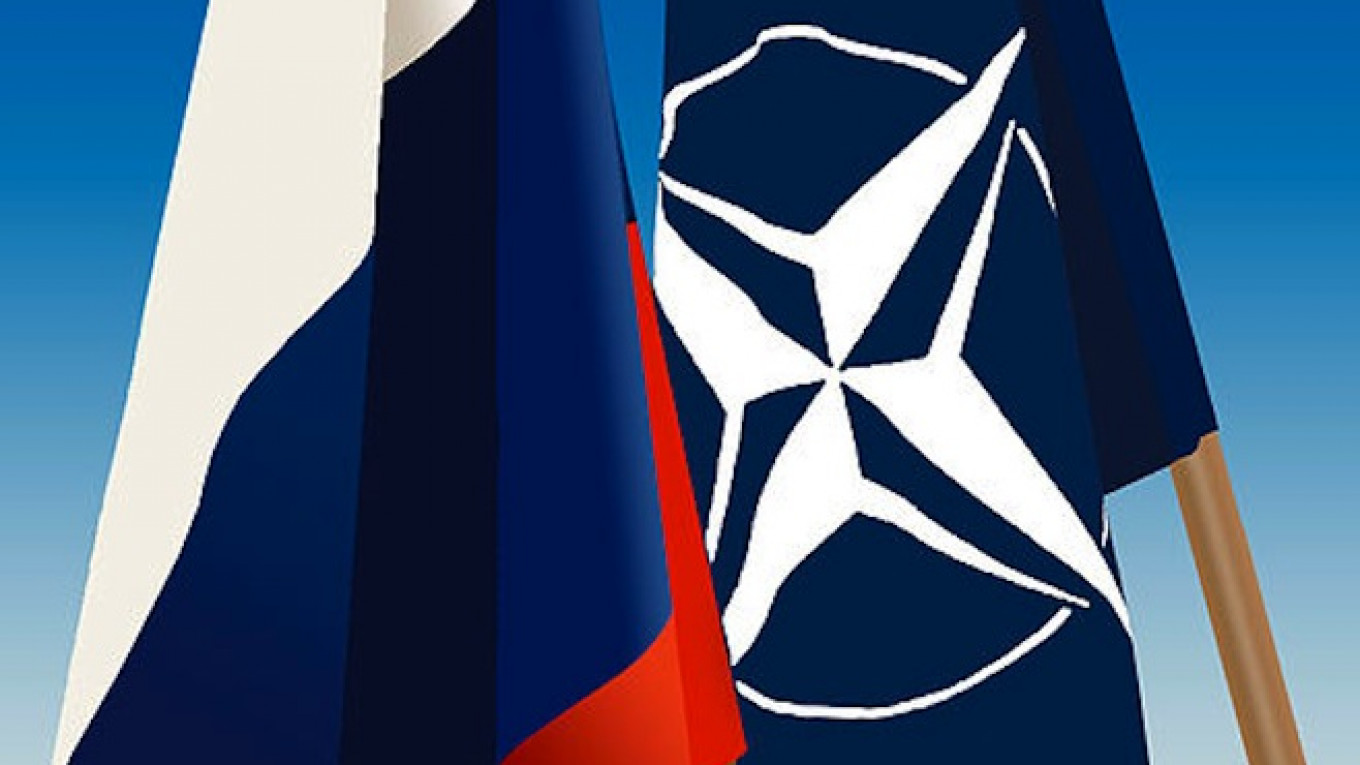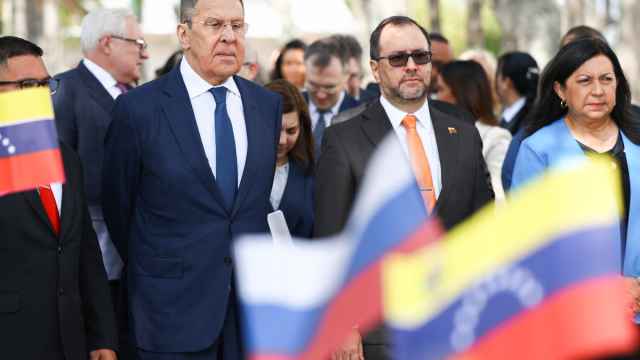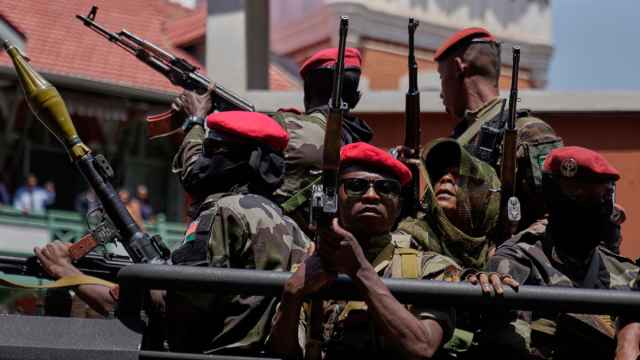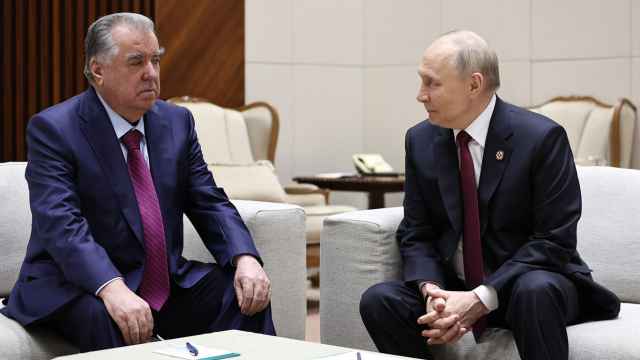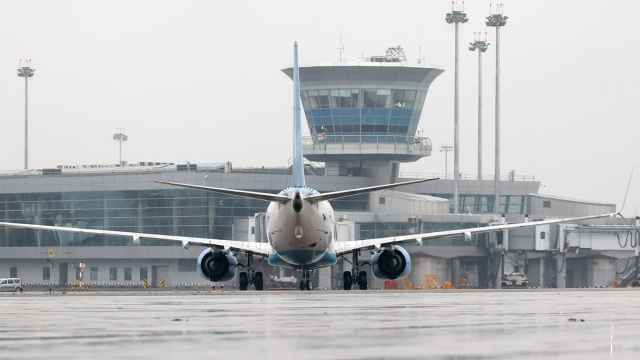BRUSSELS — The increase in the scale and number of military exercises being undertaken by NATO and Russia is making armed conflict in Europe more likely, a think tank warned Wednesday.
Ian Kearns, director of the London-based European Leadership Network, told The Associated Press that the war games "are contributing to a climate of mistrust" that have "on occasion become the focal point for some quite close encounters between the NATO and Russian militaries."
Kearns is one of the co-authors of an ELN study, which looked in detail at two military exercises held this year by Russia and NATO and found signs that "Russia is preparing for a conflict with NATO, and NATO is preparing for a possible confrontation with Russia."
The exercises, according to the ELN, "can feed uncertainty" and heighten the risk of "dangerous military encounters."
Relations between Russia and the West have been in the deep freeze since Russia's annexation of Crimea from Ukraine last year. The ELN study said NATO plans approximately 270 exercises this year, while Russia has announced 4,000 drills at all levels.
The Russian exercise in March involved 80,000 personnel, while NATO's Allied Shield in June mobilized 15,000 people from 19 NATO countries and three partner states.
The ELN study said the exercises showed what each side views as its most vulnerable points: For NATO, it's Poland and the Baltic states while for Russia, concerns are more numerous and include the Arctic, Crimea and border areas with NATO members Estonia and Latvia.
The ELN has formulated a few ideas to defuse tensions, including for governments to examine the need for more restraint in the size and scenarios of future exercises.
"History is full of examples of leaders who think they can keep control of events, and events have a habit of taking on a momentum and dynamic of their own," said Kearns.
A Message from The Moscow Times:
Dear readers,
We are facing unprecedented challenges. Russia's Prosecutor General's Office has designated The Moscow Times as an "undesirable" organization, criminalizing our work and putting our staff at risk of prosecution. This follows our earlier unjust labeling as a "foreign agent."
These actions are direct attempts to silence independent journalism in Russia. The authorities claim our work "discredits the decisions of the Russian leadership." We see things differently: we strive to provide accurate, unbiased reporting on Russia.
We, the journalists of The Moscow Times, refuse to be silenced. But to continue our work, we need your help.
Your support, no matter how small, makes a world of difference. If you can, please support us monthly starting from just $2. It's quick to set up, and every contribution makes a significant impact.
By supporting The Moscow Times, you're defending open, independent journalism in the face of repression. Thank you for standing with us.
Remind me later.


